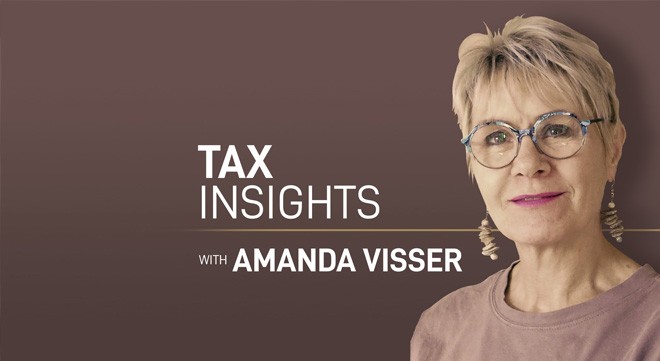The 2025 budgetary process has raised questions about the robustness of South Africa’s policy framework. The focus has been on politics rather than economics.
In their analysis of Finance Minister Enoch Godongwana’s third attempt at getting his Budget to stick, financial specialists believe economic policies do not match the country’s realities.
KPMG chief economist Frank Blackmore says most of the Budget is spent on paying public servants and servicing debt. “Ordinary citizens are benefiting from only a quarter of the annual Budget.”
He notes that the projected income of R793 billion from individual taxpayers for the 2025/26 financial year does not cover the wage bill of R815bn paid to 1.3 million public servants. Collections of R339bn from company profits are not enough to cover the debt service cost of R426bn for 2025/26.
In his Budget speech, Godongwana said South Africa spends about R1.2bn a day to service government debt. Over the three-year spending period until 2027/28, the government will spend R1.35 trillion servicing debt. This is less than what the government will spend on public infrastructure. A little over R1 trillion has been allocated to public infrastructure over the same period.
Blackmore also notes that South Africa’s tax-to-GDP ratio is in line with countries such as Switzerland, Australia, and the United States. But this must be seen in the context of unemployment rates below 5% in those countries, compared with 40% in South Africa.
“The tax assets here are being sweated a lot more.”
Mixed feelings about cuts
Luthando Mzilikazi, investment specialist at Nedgroup Investments, says the proposed spending cuts of R68bn over the medium term are “encouraging”. But she is also concerned about where the cuts are made.
Expenditure cuts to health, education, and home affairs have been proposed.
“Healthcare and education have a direct impact on economic growth. The question is whether there has been an over-projection for the needs in these budgets, or are we cleaning out wasteful expenditure?”
If the cuts are because of a lack of money, she wants to know what measures will be put in place to mitigate the negative impact of the cuts. “Our education outcomes are already dire. Our unemployment problem is serious, and the skills that we develop are not what the employment sector requires.”
If cuts are made, Mzilikazi asked what this will mean for the challenge of employability and employment and the general levels of education in the country.
Although the proposed cuts are small, they affect frontline services as opposed to administrative or background support costs. “We need to look where our expenditure is going and re-evaluate if it is achieving our growth and employment goals,” Blackmore says.
“Once we do that, we will be able to consolidate spending where we get the biggest bang for our buck.”
Blackmore also believes it may be time to bite the bullet and have a “proper austerity budget” from the cost side and not the delivery of services side.
“This will allow government to reduce the debt burden and free up money for future years that can be allocated to infrastructure expenditure and service delivery. That way you create a virtuous cycle from a vicious cycle.”
Mzilikazi says the increased fuel levy is a “double-edged sword” for poor South Africans. Besides increased transport costs, it could also have an inflationary impact on the price of other goods and services, affecting the broader economy, but also the poor.
Although she is positive about Budget 3.0, she wants to see “actionable items” that will steer the country into positive outcomes and away from negative narratives.
The flaw
Itumeleng Nkadimeng, head of corporate tax at KPMG, says the disruptive budgetary process brought to light a flaw in the Rates and Monetary Amounts and Amendment of Revenue Laws Bill.
“We have an issue of constitutionality because, on the one hand, you have a VAT Act that empowers the minister to announce a rate increase that becomes effective for 12 months. On the other hand, there is a parliamentary process that needs to approve the Budget that must include a VAT rate that has already been implemented.”
The question is whether the minister’s power overrides the parliamentary process. She asked whether this was in line with the Constitution. “It goes back to politics.”
The process has worked until now because South Africa had a majority government and Parliament went along with the minister’s decisions on tax rate increases. But the changed political landscape enables South Africa to engage in a more robust budgetary process, Nkadimeng adds.
National Treasury will be reviewing the process, and she expects it will look a bit different in next year’s Budget.
Amanda Visser is a freelance journalist who specialises in tax and has written about trade law, competition law, and regulatory issues.
Disclaimer: The views expressed in this article are those of the writer and are not necessarily shared by Moonstone Information Refinery or its sister companies.





Reading such makes one really wonder about the future of this country, hopefully after the coming election cycle things will change for the better